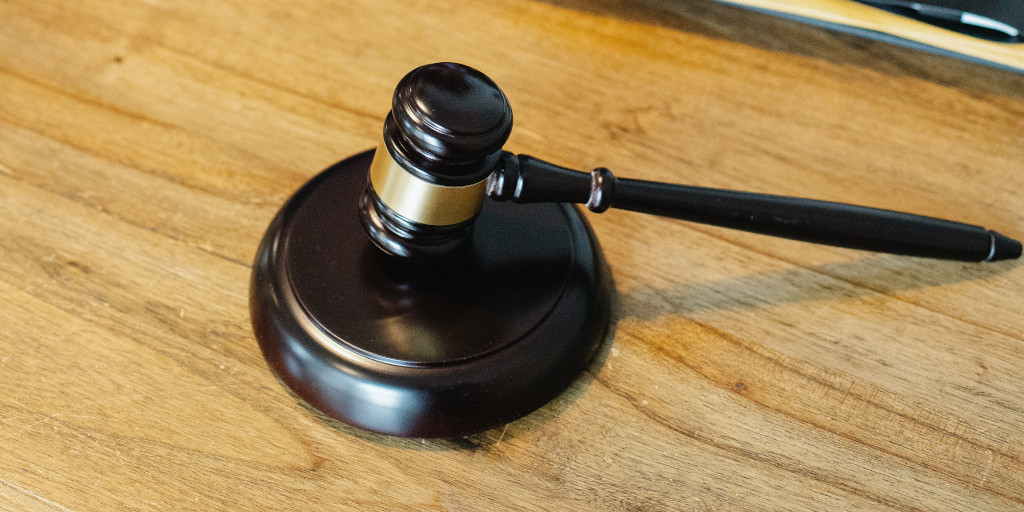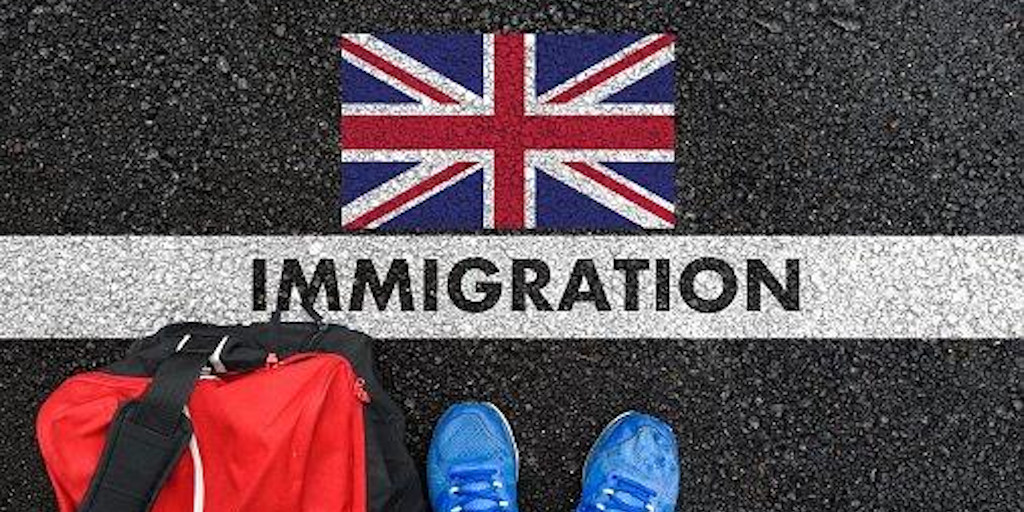
Picture this: you’ve checked the Home Office website lots of times. You feel quite confident that you meet the requirements and have all the correct documents. You’re both excited and nervous and submit the application with no legal assistance. Some time has passed and you finally receive a decision from the Home Office. Unfortunately, it’s not quite what you had expected – what should you do?
Sadly this is not that uncommon for businesses and individuals, and can be very daunting – especially if you’re not sure what went wrong.
The best course of action is try not to panic (too much) and speak to a qualified immigration adviser as soon as possible to discuss potential options, including looking at whether any deadlines apply.
We set out below some options which might be available, though please note your specific circumstances will dictate what your options are. If you have any questions, please do get in touch with us.
Individuals
1 – Submitting a new application
Depending on whether the application was submitted within or outside the UK, and the reason(s) for refusal, re-submitting a new application (and paying new fees) can be an option. This might not be the best method if you are already in the UK.
2 – Administrative Review
For most types of applications, you will have the right to submit an Administrative Review within 14 or 28 days, depending on where you made the initial application. If you are in the UK, this option might temporarily protect your immigration status.
There is a fee of £80 and you are effectively asking the Home Office to reconsider the application again. It is not an opportunity to submit further documents which you might have inadvertently missed out when you first submitted the application; however, representations can be made on your behalf.
- The outcome will usually be that the original decision is maintained
- Alternatively, the original decision might be reversed and a new decision is made granting the application or amending the conditions
3 – Appeal to the First-tier Tribunal (Immigration and Asylum Chamber)
In limited cases, you might have the right to submit an appeal to the First-tier Tribunal (Immigration and Asylum Chamber). This must usually be done within 14 days and may temporarily protect your immigration status.
An independent Immigration Judge will effectively decide whether the Home Office had made the correct decision or not. There is a fee to pay to the court: £80 without a hearing, and £140 with a hearing.
It is possible to submit evidence and further documents, but there are procedures and deadlines to follow.
If you choose not to have a hearing, an Immigration Judge will simply make a decision based on the papers before them.
If you choose to have a hearing, you will “have your day in court”. There will usually be someone at court representing the Home Office/ Secretary of State, who will have the opportunity to question you and any of your witnesses. You can also be represented by an immigration lawyer who will advocate on your behalf.
- The outcome will usually be that the Immigration Judge decides the Home Office made the correct decision or that the wrong decision was made
- It might be possible to further appeal the Immigration Judge’s decision
Businesses
4 – Request for reconsideration
If you are a business and have been refused a sponsor licence, you won’t have the right to submit an Administrative Review, or an appeal to the First-tier Tribunal. However, it might be possible to request the application be reconsidered.
5 – Submitting a new application
Alternatively, you may be able to submit a new application and pay new fees. If you are subject to a cooling-off period (which can range from 6 months to indefinitely), you should not submit a new application as it will automatically be refused.
Judicial Review
6 – Judicial Review
Whether you are a business or an individual, you might be able to challenge the lawfulness of a decision in the higher courts by way of judicial review, but only once all other available options have been exhausted.
Which court an action is raised (and what the court fees will be) will normally depend on location:
- Scotland – the Court of Session
- Northern Ireland – the High Court of Justice
- England and Wales – the Upper Tribunal or the High Court (Administrative Court)
There is a strict process to follow, for example sending written notice to the other party such as the Home Office that you intend to raise a judicial review action against them. An action for judicial review must usually be raised within 3 months, or within 16 days depending on what you are challenging.
There will usually be a substantive hearing(s) where an Advocate (in Scotland) or a Barrister (in Northern Ireland, England and Wales) will make representations.
- The outcome will usually be that the original decision is found to be lawful or unlawful.
- It might be possible to further challenge the decision, for instance in the Supreme Court.
Conclusion
Clearly, getting the application right first time is the best case scenario. We therefore recommend that you seek professional immigration advice prior to submitting any application to the Home Office. Whilst this is an additional cost, it could potentially save time and money in the long run, and hopefully take out most of the stress of navigating around the complicated UK immigration system.
In the unfortunate event that you receive a negative decision, we recommend that you:
- speak to an qualified immigration adviser as soon as possible
- ensure any deadlines are met
- prepare to wait for the outcome of a challenge – this can vary from a few weeks to a few years (depending on the method of challenge and any rights of further appeal)
- budget for additional costs, including legal costs – this can vary from a few hundred pounds to tens of thousands of pounds, if not more
For individuals, a negative decision means that you will usually need to declare the refusal in any future immigration application you make, not just for the UK but for any other country in the world. More importantly, if you are in the UK, meeting the deadline will be essential as this may temporarily protect your immigration status.
For businesses, a negative decision for a sponsor licence could impact any existing migrants you currently sponsor. It will also mean you cannot sponsor new migrants. This could impact business operations. It is also important to avoid a “knee-jerk” reaction if you employ a migrant (whether sponsored or not), and they subsequently receive a negative decision from the Home Office. They may have statutory protection and still possess a lawful right to work. We would therefore recommend that you take employment and immigration advice as soon as possible.
Other items to note
Besides summarising some options which might be available if you receive a negative decision from the Home Office, other changes and information you might want to take a note of include:
- the Home Office is considering making the immigration system “digital by default” in the future, and has already started this in some visa categories
- in line with this, in the future, migrants may be able re-use biometrics they have previously enrolled rather than enrolling new biometrics with each new application
- the recent decision in Mohammad v Secretary of State for the Home Department [2021] EWHC 240 (Admin) where the Home Secretary Priti Patel has been threatened with contempt of court proceedings – not a first as former Home Secretary Amber Rudd was found to be in contempt of court in 2017, and before her, former Home Secretary Theresa May in 2012
- the recent decision in R v Secretary of State for the Home Department [2021] EWHC 242 (Admin) where the court explained that ILR cannot be cancelled but can be revoked
- the recent decision in Shaban Binaku v Secretary of State for the Home Department [2021] UKUT 34 (IAC) where the court effectively says that the Immigration Rules can be ignored when it comes to deportation
- the recent decision in Project for the Registration of Children as British citizens v Secretary of State for the Home Department [2021] EWCA Civ 193 where the £1,012 child citizenship fee has been found to be unlawful
First published: 19 February 2021
Further information
If you have any questions and/or would like tailored advice on any UK immigration matter, please speak to us at: hello@dixcartuk.com or to your usual Dixcart contact.




